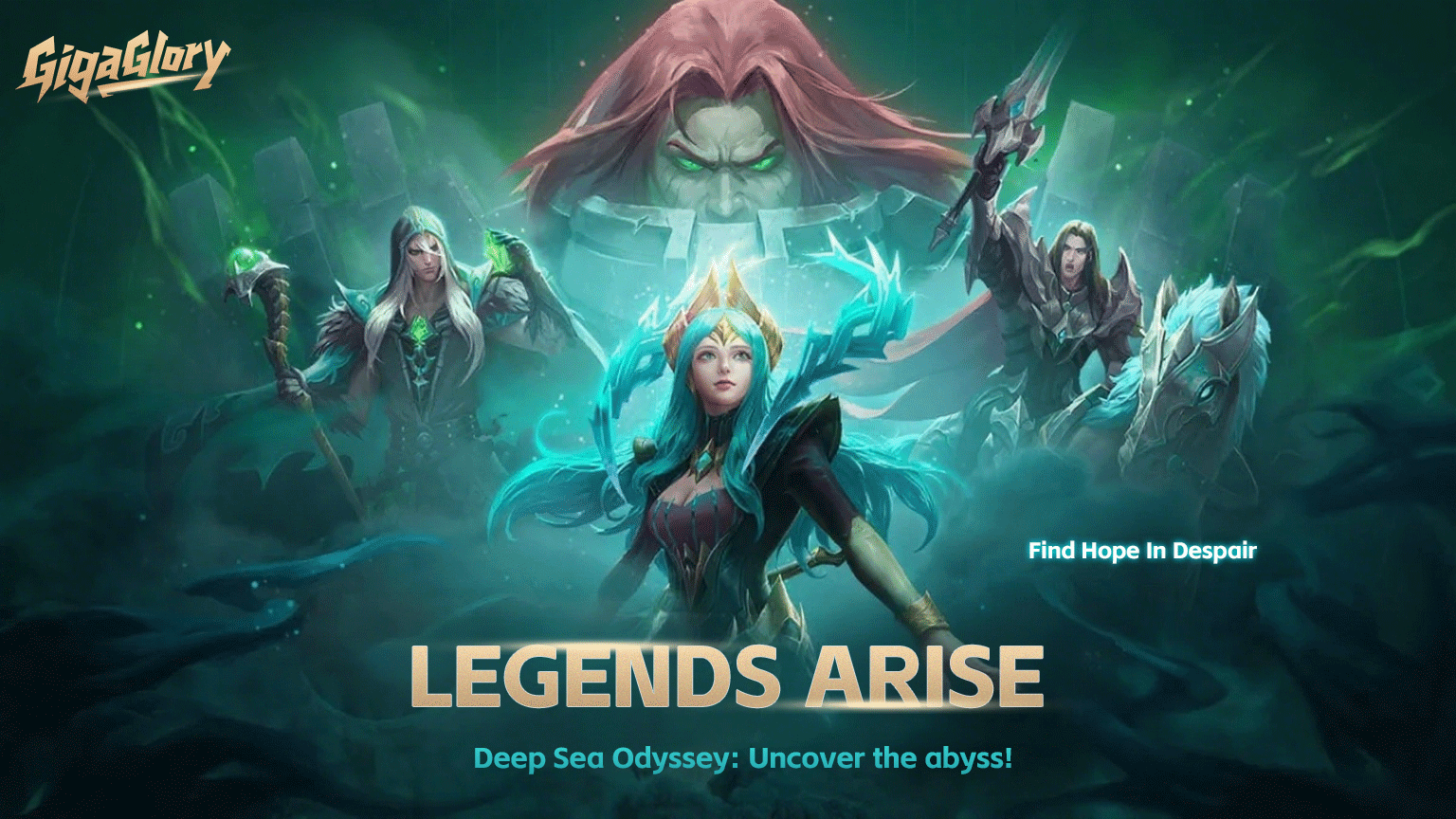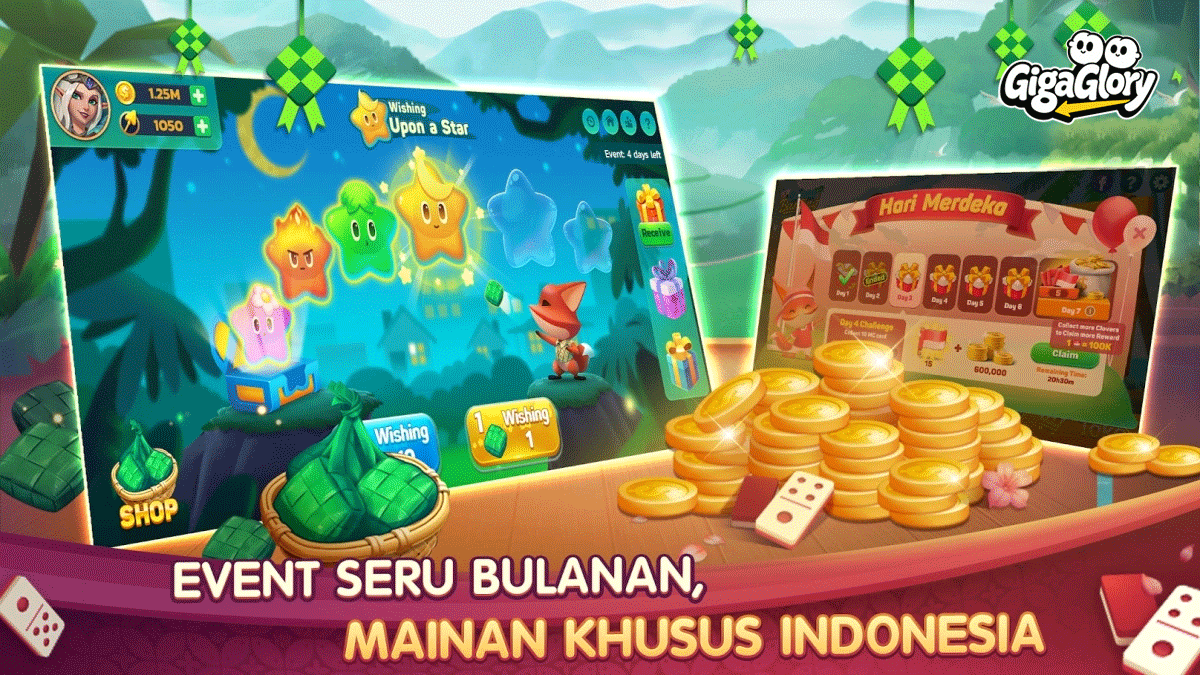Unlocking Imagination: How Simulation and Creative Games Redefine Interactive Entertainment
In today’s fast-paced digital landscape, the domains of simulation games and creative games stand out remarkably, shaping how we engage with interactive entertainment. These genres offer gamers not just a chance to play, but to imagine, create, and transform their gameplay experiences. This article delves into the synergistic relationship between simulation and creative games, highlighting how they redefine entertainment.
Understanding Simulation Games
Simulation games immerse players in realistic environments, allowing them to experience complex systems and dynamics. These games often focus on recreating real-world processes, making them not only entertaining but also educational. From city-building simulators like SimCity to farming games like Stardew Valley, the variety is vast. Here’s a quick look at the characteristics of simulation games:
- Realistic representation of situations
- Interactivity that encourages experimentation
- Complex systems that require strategic thinking
The Rise of Creative Games
While simulation games offer realism, creative games focus on the power of imagination. These games often provide tools for players to craft their worlds, stories, and experiences from scratch. A prime example is Minecraft, where players can build anything they can think of. Creative games allow for:
- Unlimited possibilities for creation
- Community-driven content and collaboration
- Emphasis on personalization and self-expression
How They Complement Each Other
What’s fascinating is how simulation and creative games can work together to enhance player engagement. Simulation games can provide a structured environment, while creative games can unleash creativity within that structure. This blend leads to innovative gameplay experiences where players can play out their fantasies. Here’s a table illustrating a few examples:
| Game | Type | Core Feature |
|---|---|---|
| SimCity | Simulation | City Management |
| Minecraft | Creative | Open World Building |
| The Sims | Simulation | Life Simulation |
| Roblox | Creative | User-Generated Games |
Key Takeaways
As we explore how simulation and creative games impact interactive entertainment, here are some notable points to consider:
- Both genres serve different aspects of gaming satisfaction.
- They promote skill development in areas such as critical thinking and creativity.
- These games can foster communities that thrive on shared experiences.
Frequently Asked Questions (FAQ)
Q: What are simulation games usually focused on?
A: Simulation games typically recreate real-world scenarios or systems, providing players with realistic challenges.
Q: How do creative games differ from traditional games?
A: Creative games prioritize player expression and building, offering tools to create unique content rather than just following a fixed gameplay.
Q: Can simulation and creative games overlap?
A: Absolutely! Many games combine elements of both genres, allowing players to use creativity within structured environments.
Conclusion
Simulation and creative games are redefining interactive entertainment, not just as a means of distraction but as powerful tools for creativity and learning. They encourage players in Denmark and around the globe to engage their minds, crafting experiences that resonate on personal and communal levels. As technology advances, the potential for these genres to innovate and captivate audiences only grows. It's an exciting time to be a gamer, navigating through worlds limited only by our imagination!


